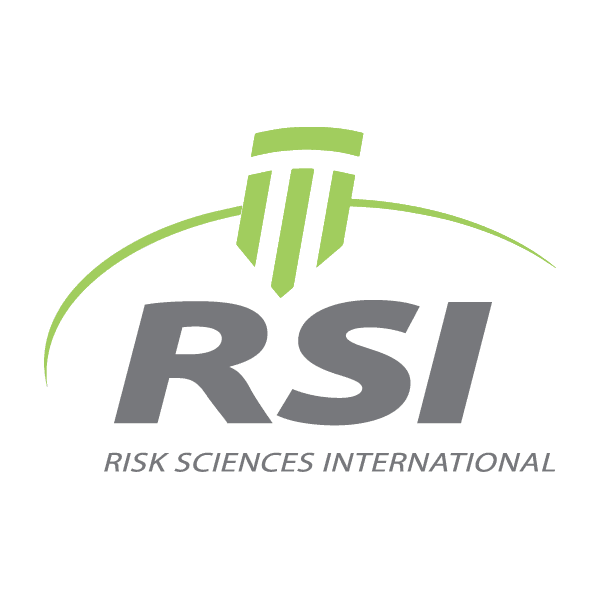The media plays a pivotal role in shaping public understanding of risks, influencing how individuals perceive, prioritize, and respond to threats. Whether covering public health crises, environmental hazards, or technological innovations, media narratives can amplify accurate information — or spread misinformation that erodes trust and undermines protective action.
The challenges of media and risk are magnified in today’s digital environment. The speed of information flow, the rise of social media, and the influence of algorithms mean that both accurate and misleading content can spread rapidly. Governments and institutions must navigate how to communicate risk effectively, industries must manage reputational risks in times of crisis, and civil society organizations advocate for transparency and accountability in reporting.
Risk sciences bring structure to understanding and managing media impacts. Insights from risk perception research, behavioral science, and communication theory can guide how messages are crafted and delivered. They also help organizations anticipate how risks may be framed in the media and prepare strategies for proactive engagement and rapid response.
RSI is committed to advancing effective risk communication in partnership with media, drawing on expertise and experience to strengthen public trust and informed decision-making.
RSI experience in Media
RSI staff have experience providing media with risk-based guidance, both reputational and structurally. A landmark project was the complete analysis of the International Herald Tribune.


